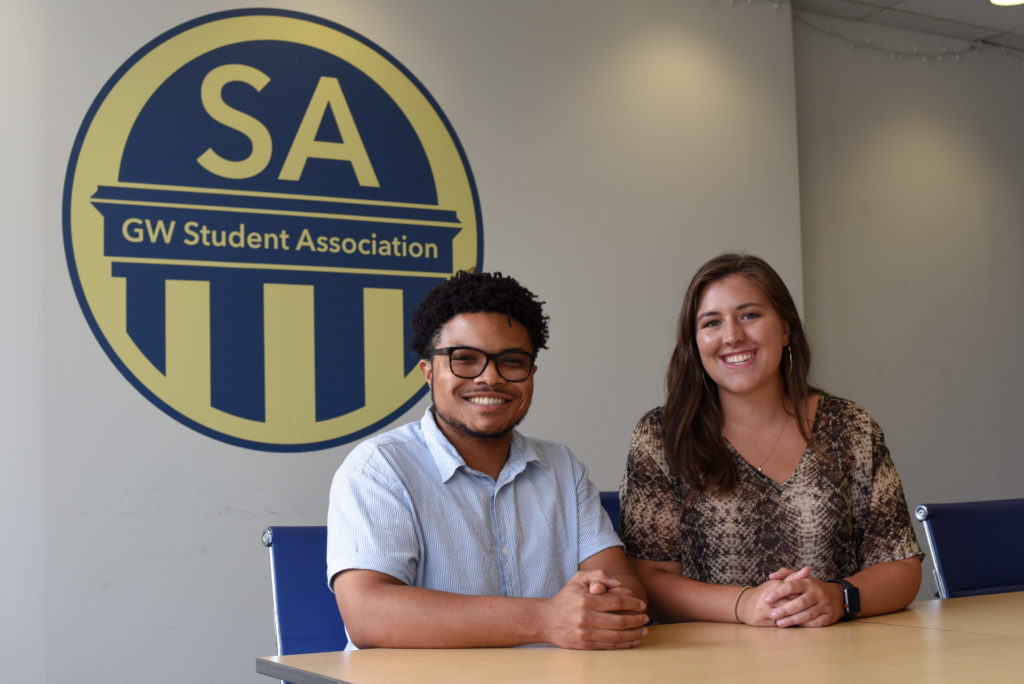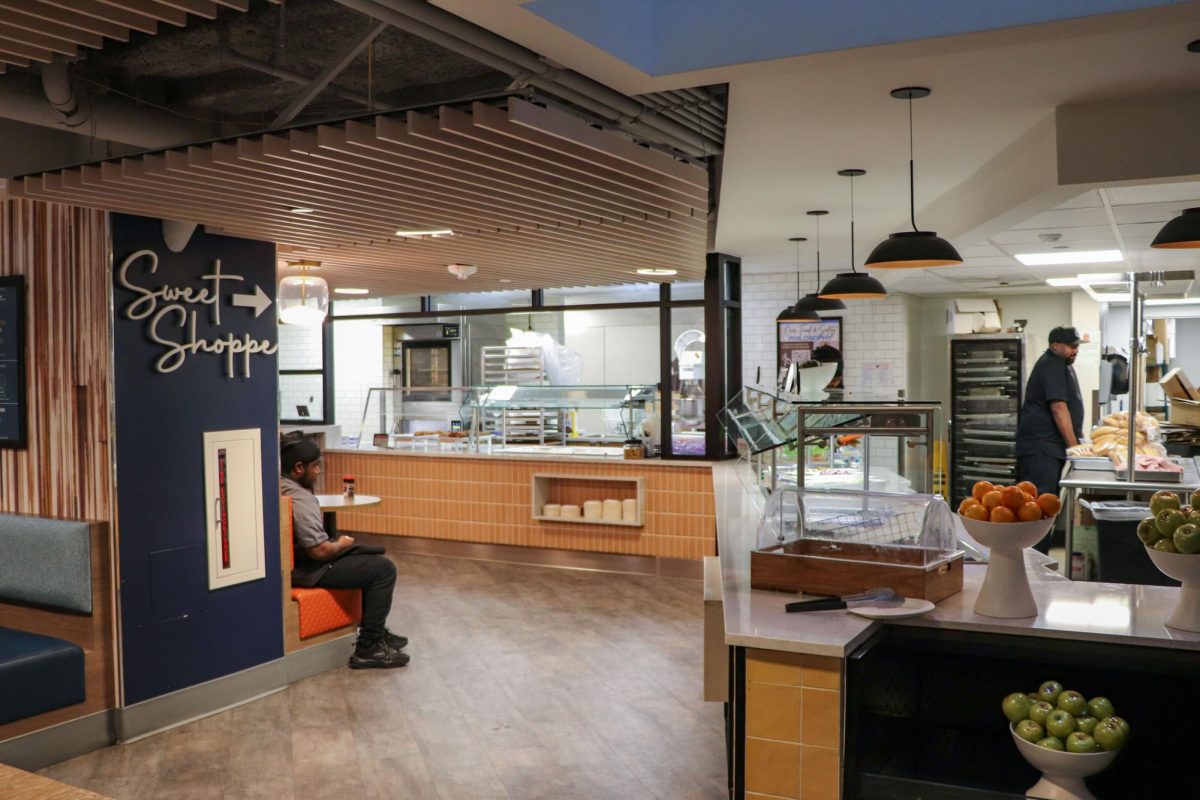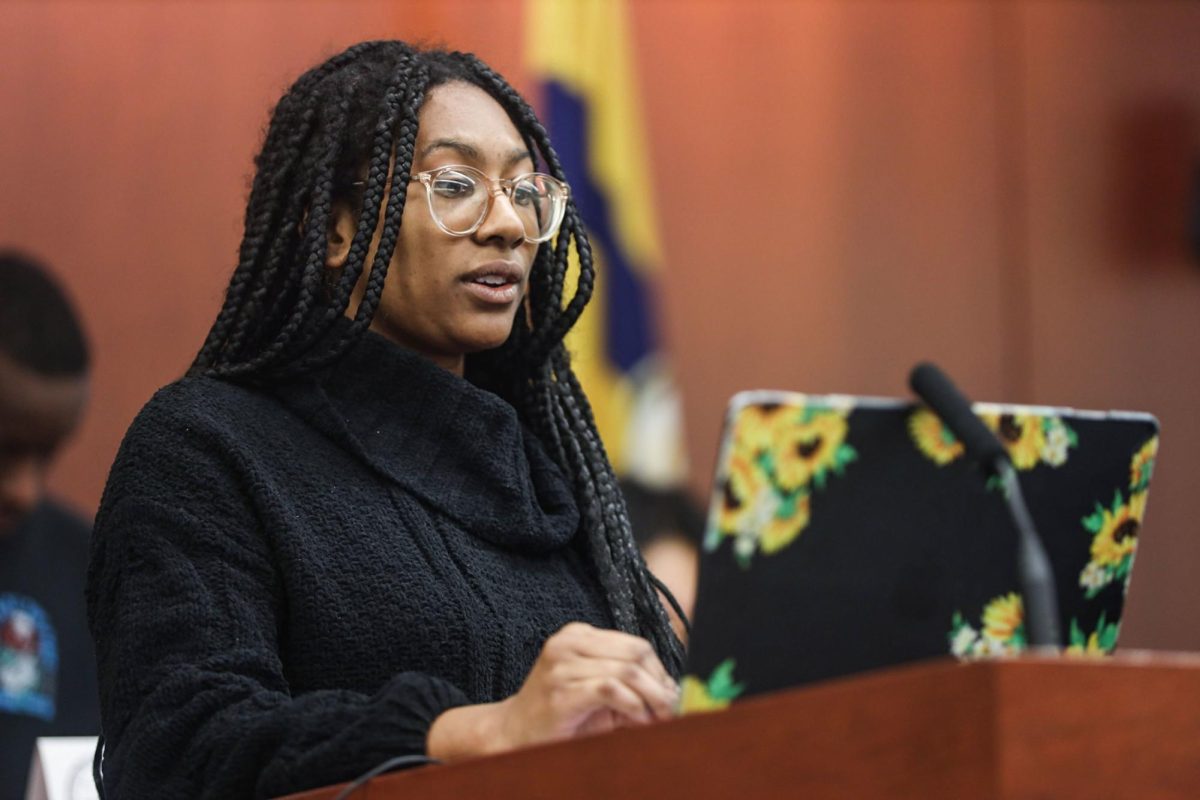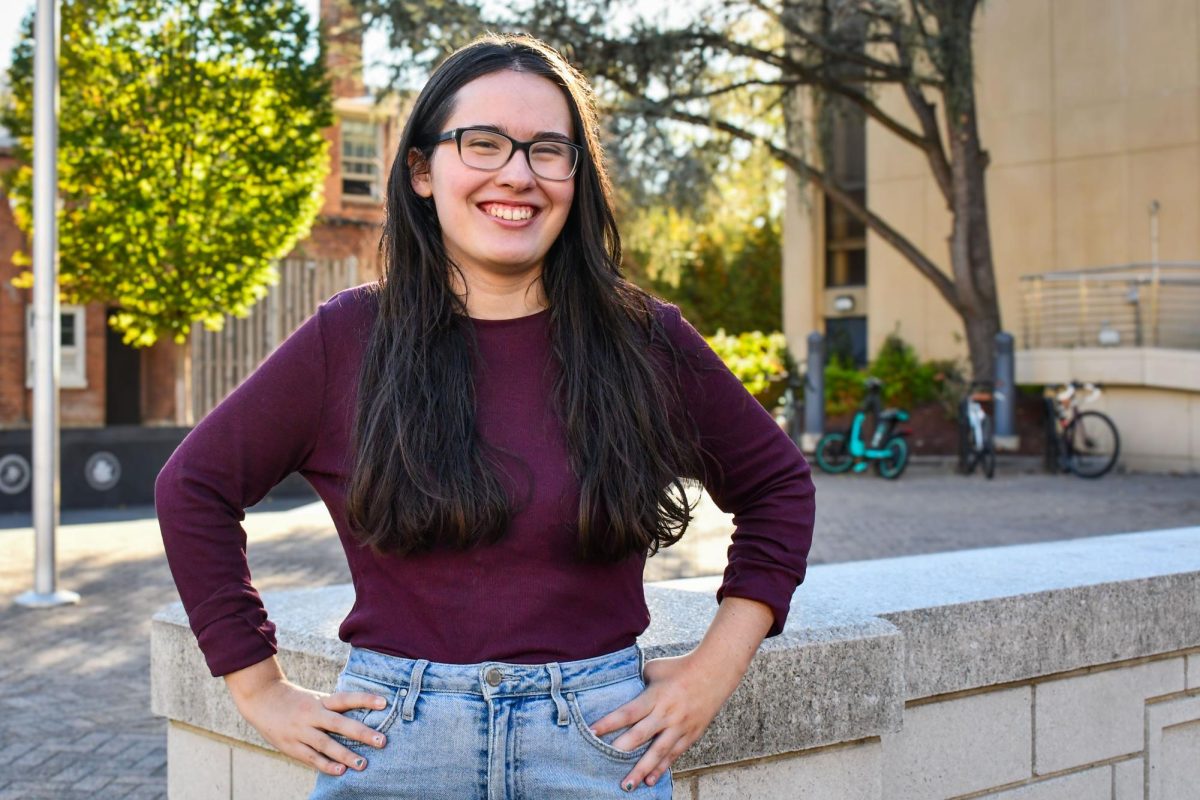Updated: August, 29, 2019 at 10:46 a.m.
Nearly two-thirds of this year’s Student Association senators are serving for the first time.
Of the 29 filled positions on the SA Senate, 19 are held by first-year senators, SA leaders said. More than 10 new and returning SA senators said that new members could face a learning curve in writing legislation or debating, but a younger senate will bring in fresh perspectives for projects and policies.
“With new blood comes new ideas and new energy, which is something that I’m really excited to be working with,” said SA Sen. André Gonzales, CCAS-U and the senate pro tempore.
Gonzales, a senior who was confirmed to the senate in January, said high turnover is typical within the SA from year to year because of the organization’s intense time commitment expected from students who might also be pursuing other extracurriculars. The senate faced a low number of returning candidates in 2017, when four returners ran for re-election.
But Gonzales added that new senators – especially sophomores who have only been on campus for a year – might look at issues like food insecurity through a “fresher” lens. Last fall, SA leaders hosted a town hall on food insecurity and took part in a task force examining affordability on campus.
“There are certain things that we might accept as just, ‘Hey, that’s how GW is,’ where younger students might say, ‘No, this is an issue that we should be addressing,’” Gonzales said.
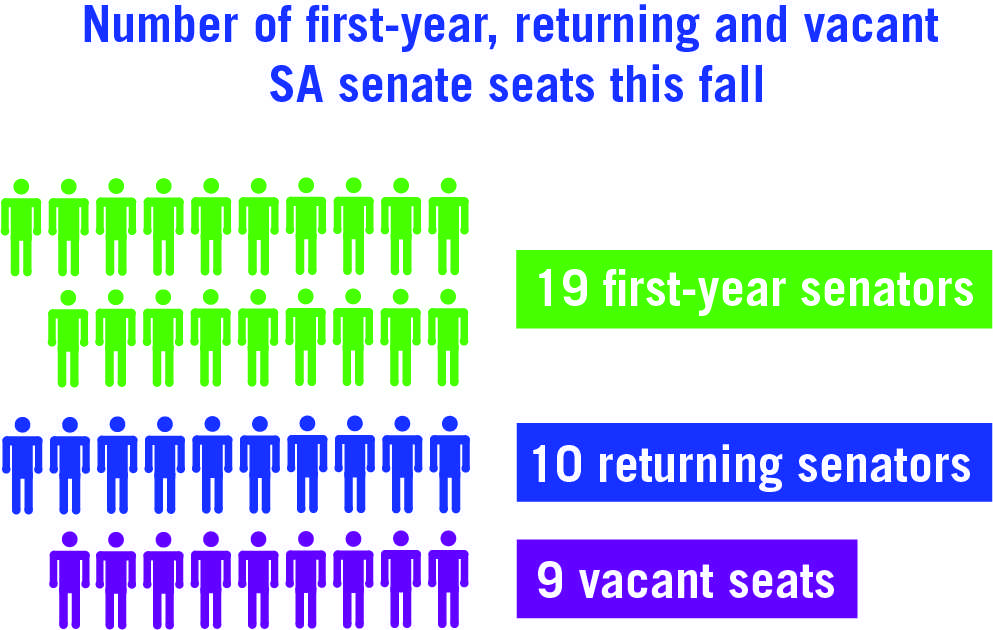
Alyssa Ilaria | Graphics Editor
First-time SA Sen. Louie Kahn, CCAS-U and the chair of the academic affairs committee, said that after a brainstorming session at the SA’s yearly retreat last week, his committee wants to work on expanding freshman forgiveness – which allows freshmen to retake courses in which they received a D+ or lower – to students of all grade levels.
Kahn added that his committee will also advocate for the University to partner with one company to offer students discounted rates on clickers, a tool students use to answer questions in class. SA leaders conducted a survey last fall that found that most faculty were open to subscribing to one clicker service.
“One, it doesn’t require students to buy three different brands of clickers because that’s just an unnecessary expense in our view, and then in addition, it would be a cheaper clicker cost for the one that we do choose,” Kahn said.
First-time SA Sen. Howard Brookins, U-at-Large and a junior, said that because SA President SJ Matthews and SA Executive Vice President Amy Martin have provided “ample” workshops and trainings to prepare incoming senators for their roles, he feels confident stepping into his position this semester.
Martin hosted three workshops in the spring to teach incoming senators how to write legislation and policy proposals and review the SA’s governing documents.
“We’re fresh, we’re new, we haven’t been in the SA before,” Brookins said. “We’re kind of pushing the boundaries to it, so I think it’s great.”
Brookins added that new senators could face a learning curve at the start of the year because they’re still reading the SA’s bylaws and don’t have much experience working with administrators. But he said Martin and Matthews have addressed the potential setback by reaching out to senators to make sure they’re prepared.
“We haven’t been working with administration before, especially not in this capacity and with the different resources that SJ has and the access that she has to the different administrators, so navigating that experience will be a little bit difficult,” he said.
First-time SA Sen. Catherine Morris, CCAS-U and a sophomore, said the few returning senators can bring enough experience to this year’s senate, while younger senators can bring eagerness to address issues like the lack of health care facilities on the Mount Vernon Campus.
“We have both perspectives, which I think is good to give us the best results,” she said. “We don’t just have people that have been in the SA for four years, but we also don’t have people that don’t have any experience in it.”
She added that Martin’s workshops, the SA retreat and the three senate-elect meetings held last spring – where new senators could observe how a typical SA meeting is run – prepared new senators for this year’s meetings.
“Doing this retreat and doing these workshops has really allowed me to understand, ‘OK, once I’m in the meetings, what am I opposing on, what am I doing, what kind of projects will I be working on throughout the year?’” she said.
Martin said out of the 19 first-time senators this year, four have had previous experience on the SA, serving in positions like the student engagement committee or as committee aids.
Martin added that she will continue to answer any questions or provide templates for SA processes, like writing legislation, for new members. She said first-time senators can also reach out to other SA leaders, like the senate chief of staff and committee heads, with questions.
“I have provided the resources to them to the best of my ability, and I believe that they will utilize them to the best of theirs,” Martin said in an email. “I have worked and will continue to work to form relationships with my senators and have to trust that if they have questions they will ask them.”
This post has been updated to reflect the following corrections:
The Hatchet incorrectly reported that the SA held two senate-elect meetings. There were three meetings. The Hatchet incorrectly noted that 14 first-time senators had previous SA experience, but only four first-time senators have had previous SA experience. We regret these errors.


